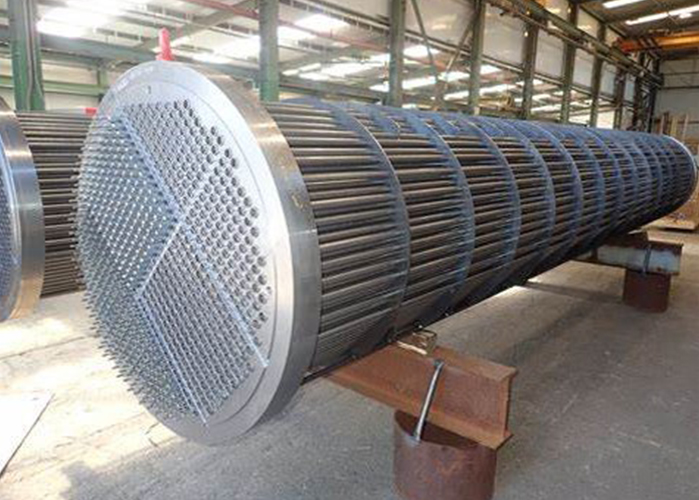A heat exchanger is a critical component in the cooling system of engines, particularly in Industries and ships. Its primary function is to transfer heat to a separate, closed-loop system that is used to dissipate the heat. This helps maintain the temperature within an optimal range, preventing it from overheating.
Marine heat exchangers are essential because they allow marine engines to operate efficiently and prevent them from overheating. Overheating can cause engine damage and reduce the engine’s lifespan. Additionally, marine heat exchangers are designed to resist corrosion and withstand the harsh conditions of saltwater environments, making them suitable for marine applications.
Different types of marine heat exchangers exist, including shell-and-tube heat exchangers and plate heat exchangers. The choice of heat exchanger depends on factors such as the size of the engine, the cooling requirements, and the available space on the vessel.
Regular maintenance, such as cleaning the seawater passages and inspecting for corrosion, is crucial to ensure the continued effectiveness of a marine heat exchanger. Failure to maintain the heat exchanger can lead to reduced cooling efficiency and, ultimately, engine problems.
